In the annals of history, few figures have left as indelible a mark as Alexander the Great. By the time of his death at the age of 32, he had redrawn the map of the northern hemisphere, conquering lands across three continents and ruling over territories from Egypt to modern-day India. Over 2,000 years later, his legacy continues to captivate the world, inspiring awe, admiration, and endless fascination.
Alexander's journey began in 336 BCE when he ascended to the throne of Macedon at the age of 20, following the assassination of his father, Philip II. Unlike his father, who favored diplomacy, Alexander embarked on a path of conquest, driven by an insatiable desire to expand his empire. Within just two years, he had consolidated his power in Europe, quelling revolts in southern Greece and the Balkans. In 334 BCE, he led his army into Asia, fulfilling Philip's ambition to conquer the mighty Persian Empire.
Over the next decade, Alexander's military campaigns took him across modern-day Turkey, the Middle East, and as far as Afghanistan and Pakistan. He defeated the Persian king Darius III, taking control of the empire and extending his territory from the Adriatic Sea to the Indus River. At the age of 30, he pressed on into the Indian subcontinent, making further conquests in what is now Pakistan's Punjab province. However, his weary army eventually rebelled, forcing him to turn back. Tragically, Alexander died of a fever in Babylon (modern-day Iraq) in 323 BCE, leaving behind an empire that would soon fragment.
Despite the brevity of his reign, Alexander's influence was profound and far-reaching. His conquests facilitated the spread of Greek culture and language across the Middle East, a phenomenon known as Hellenization. This cultural diffusion had lasting effects, as evidenced by the fact that Greek remained the official language of administration in the region for centuries. According to Paul Cartledge, AG Leventis Professor Emeritus of Greek Culture at the University of Cambridge, "That's why Greek spread all over the Middle East, and why the New Testament is written in Greek."
However, Alexander's legacy is not without controversy. While he is revered by many, he is also viewed negatively by some, particularly those whose ancient records he destroyed. For example, followers of Zoroastrianism, an ancient monotheistic religion, still regard him as a destroyer of their sacred texts in Persepolis, modern-day Iran.
Since his death, Alexander has achieved an almost god-like status, becoming a figure of myth and legend. His story has been retold and reinterpreted countless times, reflecting the values and aspirations of different eras. In the Roman period, writers such as Arrian and Plutarch composed biographies of Alexander, while the "Alexander Romance"—a novel based on his life—became immensely popular, translated into numerous languages including Arabic and Persian.
In 1010 CE, Persian poet Firdawsi wrote the "Shahnamah," or "Book of Kings," which depicted Alexander as Sikander, a Persian hero and half-brother to Darius. This portrayal of Alexander as a protector of Persia's Zoroastrian religion spread widely across the Middle and Far East, even reaching as far as Indonesia.
Today, Alexander's influence can still be seen in the names of cities such as Alexandria in Egypt and Kandahar in Afghanistan. His story continues to inspire modern-day travelers and historians, who seek to trace his footsteps and understand the man behind the myth.
For those captivated by Alexander's legacy, there are numerous sites around the world where one can connect with his story. In Greece, the Royal Palace of Aigai (ancient Macedon) offers a glimpse into the ceremonial hub of the Macedonian dynasty. It was here that Alexander was crowned king following his father's assassination. The archaeological site, opened to visitors in 2024, provides a tangible link to Alexander's early life and reign.
In Turkey, the Istanbul Archaeology Museums house several artifacts related to Alexander, including two statues and the Alexander Sarcophagus, a fourth-century BCE sarcophagus intricately carved with scenes from his life. The ancient city of Troy, where Alexander began his conquest of Asia, is another significant site for those following in his footsteps.
In Egypt, the city of Alexandria, founded by Alexander himself, remains a testament to his enduring influence. Although his tomb has never been found, the city's history and culture are deeply intertwined with his legacy. Other sites associated with Alexander include Persepolis in Iran, where he destroyed the ancient Zoroastrian records, and Pella in Greece, his birthplace.
Despite his legendary status, Alexander was a complex and multifaceted figure. Unlike many ancient conquerors, he did not engage in widespread rape and pillage. Instead, he often treated his captives with dignity, as evidenced by his respectful treatment of Darius III's family. This aspect of his character has contributed to his appeal in modern times, making him a figure who transcends traditional notions of conquest and power.
Peter Sommer, a UK tour operator whose career was inspired by Alexander, highlights the emotional impact of visiting the sites associated with the Macedonian king. "When you’re on the spot and see the landscape, it’s totally different. You learn to look at the landscape because they had to," he says. "For me, there’s nothing that can replace that."
Sommer's clients, who come from diverse backgrounds, are drawn to Alexander's charisma and the sheer scale of his achievements. "What fascinated me is how someone could do all this by the age of 32," he says. "To have had the biggest military campaign ever. To lead from the front, up to 100,000 troops. His charisma must have been extraordinary."
While Alexander is often celebrated for his military prowess, his legacy also includes a rich tapestry of cultural exchange. Pierre Briant, Professor Emeritus at the Collège de France, emphasizes the importance of understanding Alexander within the context of the Persian Empire. "You can’t speak of Alexander alone as if he were a kind of supernatural person and without any context," he says. "If you speak of conquests, you have to speak about the Achaemenid Empire."
Briant argues that Alexander's conquests were not entirely unique, as he was building on the foundations of an already established empire. He also challenges the notion of Hellenization, suggesting that it was more of a "meeting of cultures" rather than a one-sided imposition of Greek culture. Alexander's own actions, such as dressing in Persian robes and marrying Roxana, a woman from what is now Afghanistan, reflect this multicultural approach.
Despite the passage of over 2,000 years, Alexander's story continues to resonate with people around the world. His achievements, both military and cultural, have left an indelible mark on history. For many, he represents an ideal of ambition, courage, and charisma. As Cartledge notes, "It takes an exceptional personality to preside over what he did."
However, Alexander's legacy is also a reminder of the complexities and contradictions inherent in historical figures. While he is celebrated for his bravery and vision, he is also criticized for his acts of violence and the fragmentation of his empire after his death. This duality makes him a fascinating subject for study and reflection.
The story of Alexander the Great is a testament to the enduring power of human ambition and the lasting impact of cultural exchange. His conquests and the spread of Greek culture across the ancient world have left an indelible mark on history. Today, his legacy continues to inspire travelers, historians, and dreamers alike, offering a glimpse into a time when one man's vision reshaped the world.
As we continue to explore and reinterpret Alexander's story, we are reminded of the importance of understanding history in its full complexity. His life serves as a reminder that even the most extraordinary achievements come with their own set of challenges and contradictions. In the end, Alexander's legacy is not just a story of conquest but a testament to the enduring human spirit and the power of cultural exchange.
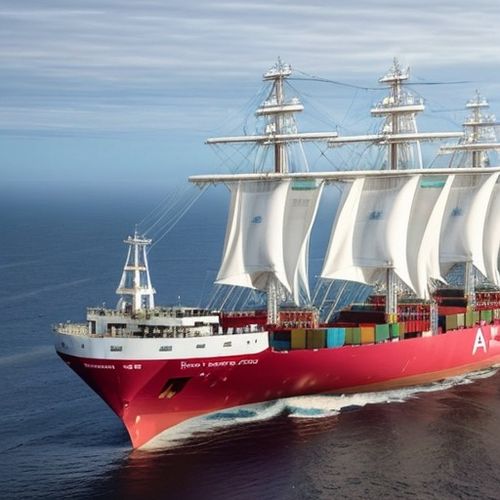
By Joshua Howard/Feb 7, 2025
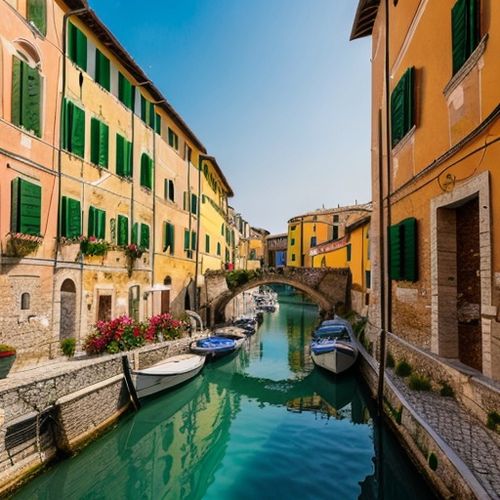
By Sophia Lewis/Feb 7, 2025

By Natalie Campbell/Feb 7, 2025

By Sarah Davis/Feb 7, 2025
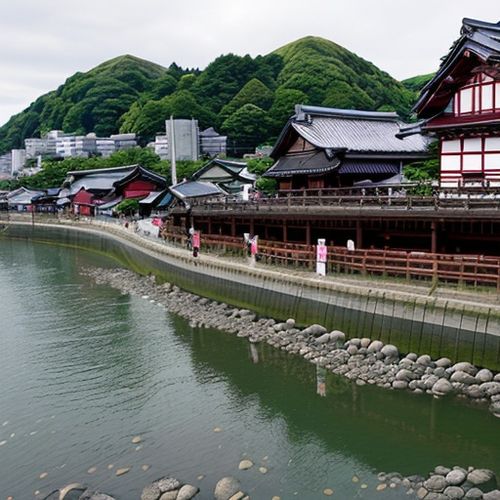
By Amanda Phillips/Feb 7, 2025

By Daniel Scott/Feb 7, 2025
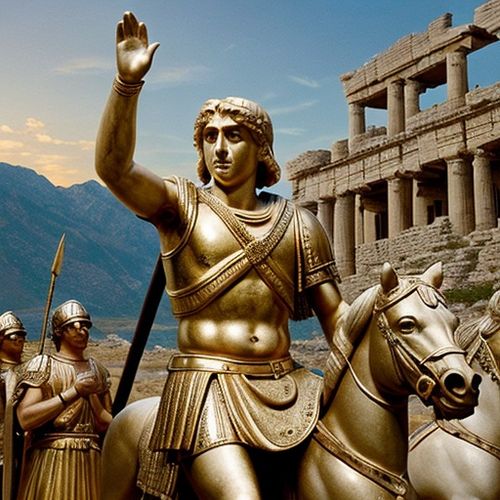
By Elizabeth Taylor/Feb 7, 2025
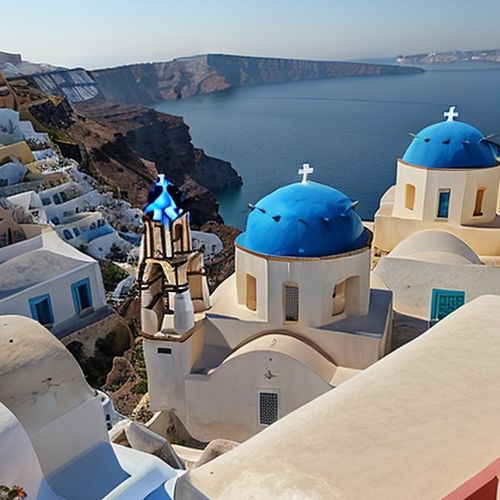
By Laura Wilson/Feb 7, 2025

By Laura Wilson/Feb 7, 2025

By Rebecca Stewart/Feb 7, 2025
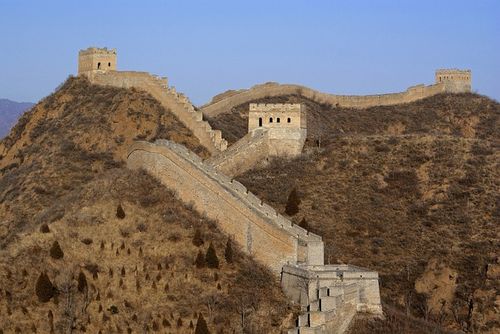
By John Smith/Jan 1, 2025
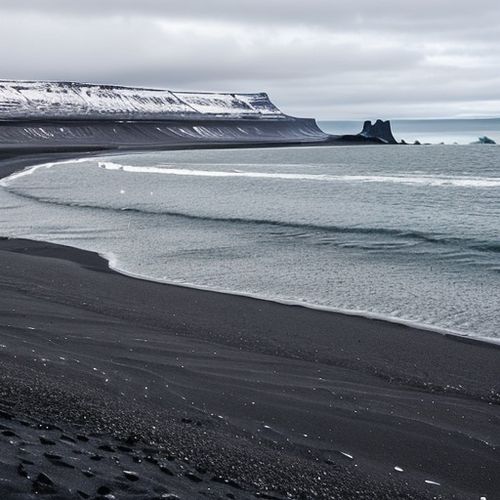
By Joshua Howard/Jan 1, 2025
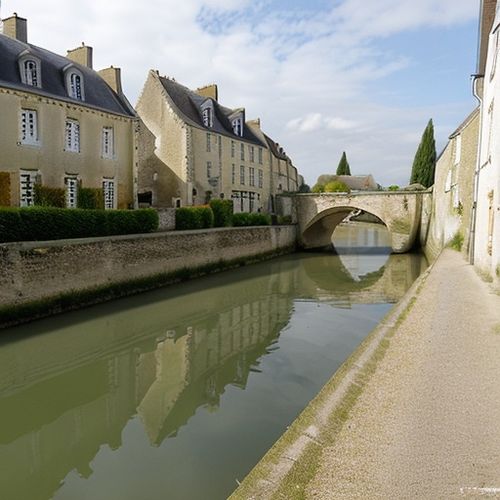
By Emma Thompson/Jan 1, 2025

By Noah Bell/Jan 1, 2025

By Joshua Howard/Jan 1, 2025
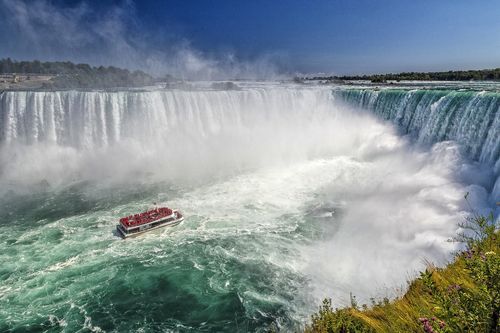
By Emily Johnson/Jan 1, 2025

By Emma Thompson/Jan 1, 2025

By Victoria Gonzalez/Jan 1, 2025
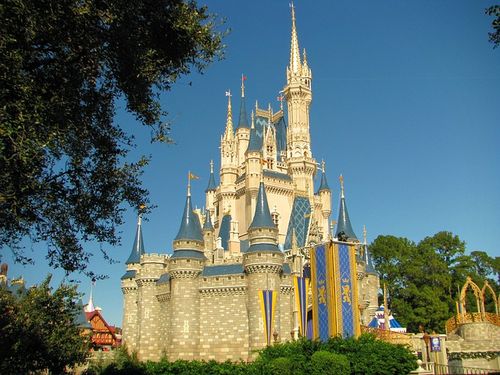
By Lily Simpson/Jan 1, 2025
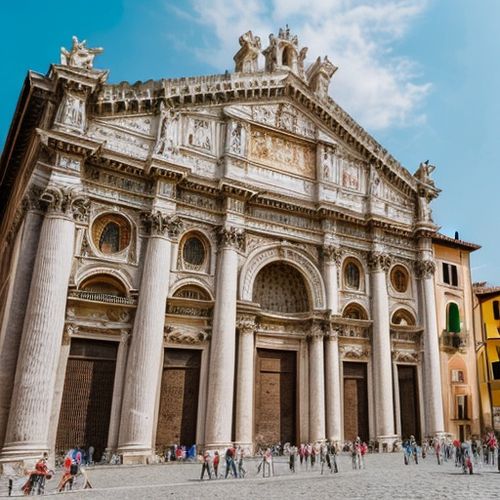
By Benjamin Evans/Jan 1, 2025